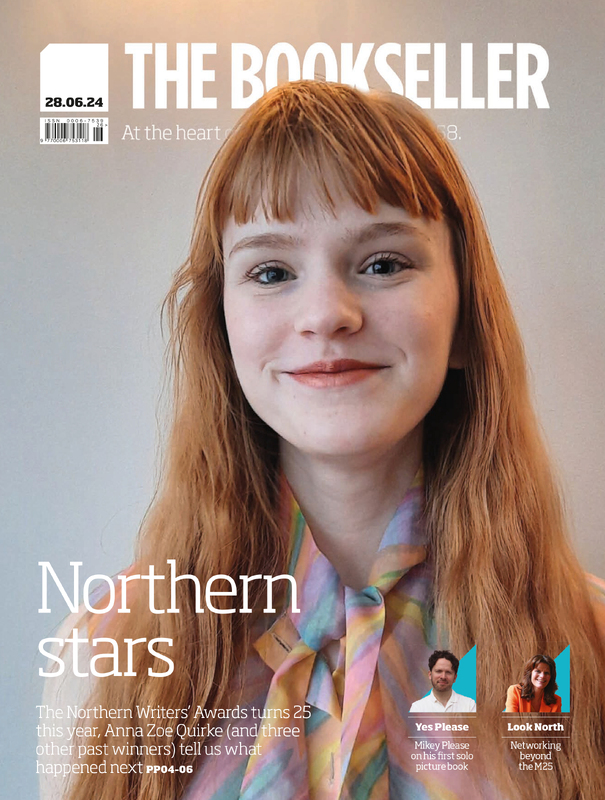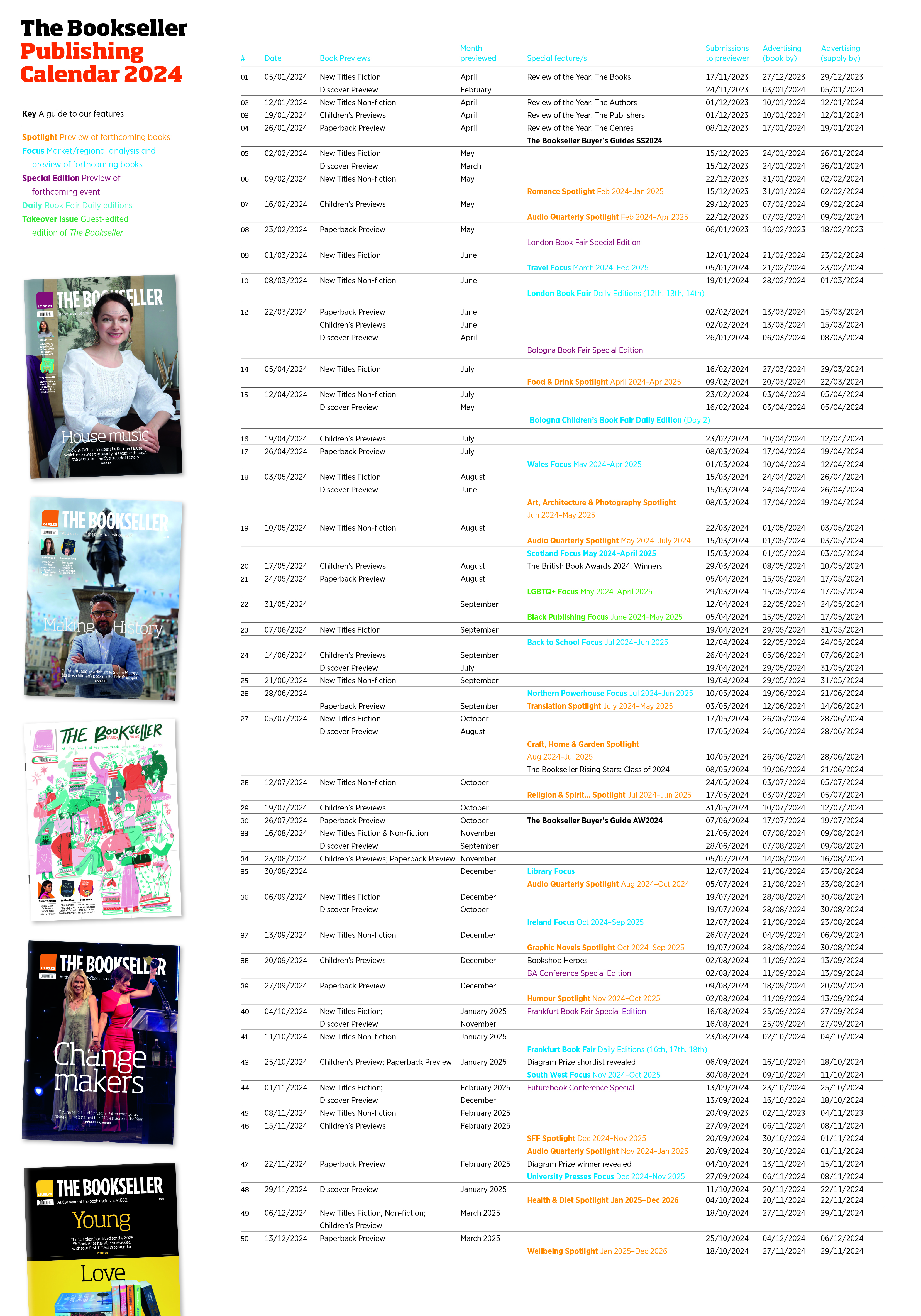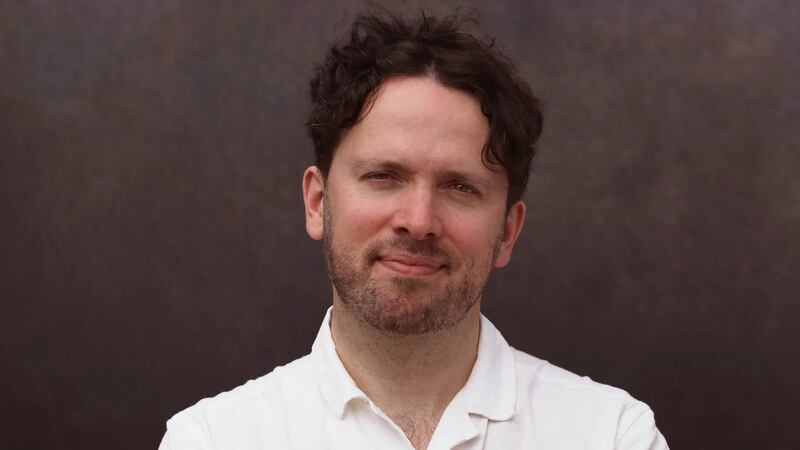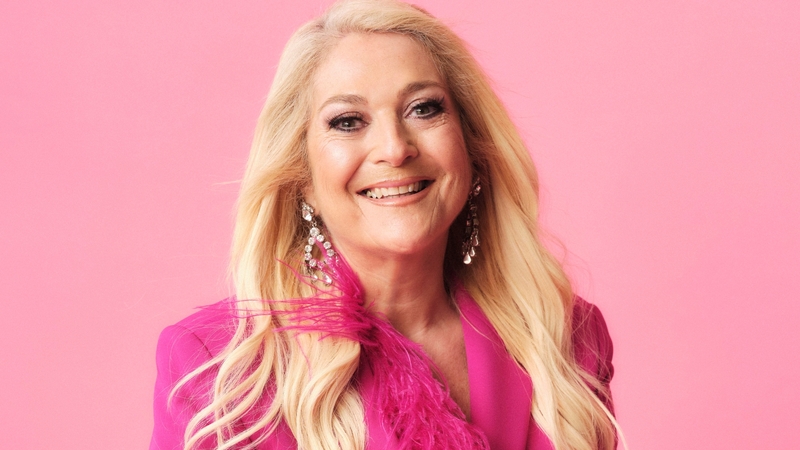You are viewing your 1 free article this month. Login to read more articles.
David Heyman: The books to film wizard
A bleary-eyed David Heyman is just off the plane from Tokyo, at the end of a gruelling tour to promote his latest Harry Potter film. But the producer is wearing a smile. No wonder: "Harry Potter and the Goblet of Fire" is the fastest-grossing film in cinema history, taking £323m at the box office in just three weeks.
"Harry Potter has been the most amazing, surprising journey," he reflects. "I'd initially imagined it much smaller--something like 'Chitty Chitty Bang Bang' if I was lucky."
The story began in 1997, when the British-born Heyman was back in London after 15 years working for LA studios. With modest funding from from Warner Brothers, he was hunting for books that could be turned into bankable films.
Scouring a copy of The Bookseller, his colleague Tanya Seghatchian saw an early review of Harry Potter and the Philosopher's Stone. Worried that Heyday Films was over-spending on copies of new books, she called J K Rowling's agent Christopher Little and pleaded for a free copy, which he duly dispatched.
The copy was picked up by Heyman's secretary Nisha Parti, who mentioned it at a weekly meeting. Heyman's first reaction was "Bad title, what's it about?" She said it featured a young boy who goes to wizard school. "I said that's a good idea--so I took it home, read it and fell in love."
In control
Warner Brothers were quickly on board although, as Rowling's books grew into global bestsellers, Heyman managed to retain control of the films. At one stage Steven Spielberg was in discussions to direct, with rumours that he would relocate the stories to America or use full animation. Heyman and Rowling dug in their heels, and Spielberg walked away.
"I'm passionate about the books and I'm the protector of them," Heyman says. "I am a sort of creative godmother."
It is clear he has relished the darker feel of the last two films. "Each director brings their own spirit," he says. "Christopher Colombus' first two films were brighter in palette and optimistic. Alfonso Cuarón ['Prisoner of Azkaban'] made the series more realistic and infused it with authenticity."
Why does he think Mike Newell's has been the most successful yet? "Goblet of Fire is written on the biggest scale of any of the books. Mike kept on talking about it as a Bollywood film and that made me nervous, but he meant it's a big entertainment film. It's got two new schools, the Quidditch World Cup, romance, the Tri Wizards tournament and Voldemort. It has the start of the kids being aware of the opposite sex, and there's a distinctive line of Harry being in real danger."
While Harry Potter has dominated his last seven years, Heyman has continued to hunt for fresh literary material. Books he has optioned, mostly pre-publication, include Mark Haddon's The Curious Incident of the Dog in the Night-time, Nick Hornby's A Long Way Down, Danny Wallace's Yes Man, Nicole Krauss' The History of Love, and James Lasdun's The Horned Man.
While Heyman insists that his love of books has inspired the focus on literary adaptations, there is also shrewd business thinking. "Books have a higher success rate in terms of becoming films than original film ideas, pitches or even screenplays," he says.
Authors also have "distinctive voices" to carry to the screen. "Novelists rarely think in terms of formula which is very appealing to me. Books explore characters and stories to a depth rarely found in screenplays."
If there is a thread that connects his acquisitions, they are "stories of redemption" as opposed to "relentlessly bleak social realism". He wants stories based on believable characters. "I'm drawn towards ordinary lives but with something extraordinary about them."
He cites Curious Incident, whose autistic narrator Christopher is "capable of extraordinary things". The screenplay is being written by Steve Kloves, whom Heyman picked to pen Harry Potter after seeing his work on The Wonder Boys. Kloves has spent a year in consultation with Haddon: "He's really able to capture the spirit of the author," Heyman says.
It is rare for a filmmaker to be so attentive to the original text, or willing for the author to influence the process. Rowling advised on everything from casting to script and sets. "When I first met Jo I told her we'd do everything in our power to be true to the book. In terms of collaboration you couldn't ask for more--she doesn't intrude, but offers support and ideas. We send her everything--her word is final."
But Heyman has grown confident enough to make changes. "We've learnt that we can't be literally faithful. If something doesn't relate to Harry we cut it. I think Jo likes us taking liberties."
Peace of mind
The Harry Potter juggernaught rolls on. When we meet at the Leavesden studios, the script of the next film lies on his desk in need of comments, and he is late for a meeting to discuss budget cuts. But he emphasises the infrastructure is in place to free him for other projects. "While Potter has changed my life in ways hardly imaginable, I have to [diversify] for my own peace of mind."
Heyday's most advanced book adaptations are Bernard Cooper's haunting memoir Bill from My Father, and Julia Donaldson's children's tale The Giants and Joneses. Also Frank Cottrell Boyce has just delivered a screenplay of Homer's Odyssey from the perspective of Odysseus' son.
Heyman emphasises the extended timescale and risks of film development, subject to the whims of the market and studio executives. "Potter was the exception. The films that don't work slowly are usually crap. I would rather take the time to get it right."
Authors, agents and publishers take note: he is still hunting for "serious, muscular" dramas or thrillers, and a love story.
But the Potter riches have made him highly selective. "I can now be much stronger about what I don't do. I want to work on things that elicit a reaction--whether they make me laugh, cry, angry, or scared. I don't want people to sit passively in the cinema--I want to engage them."








